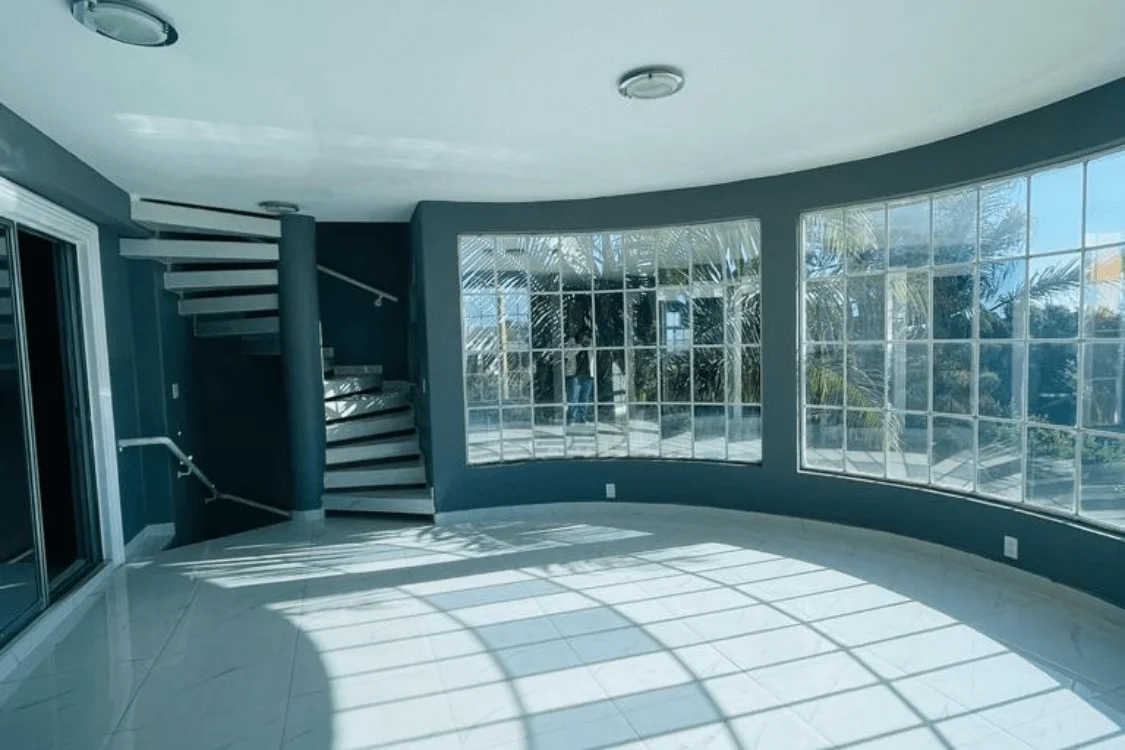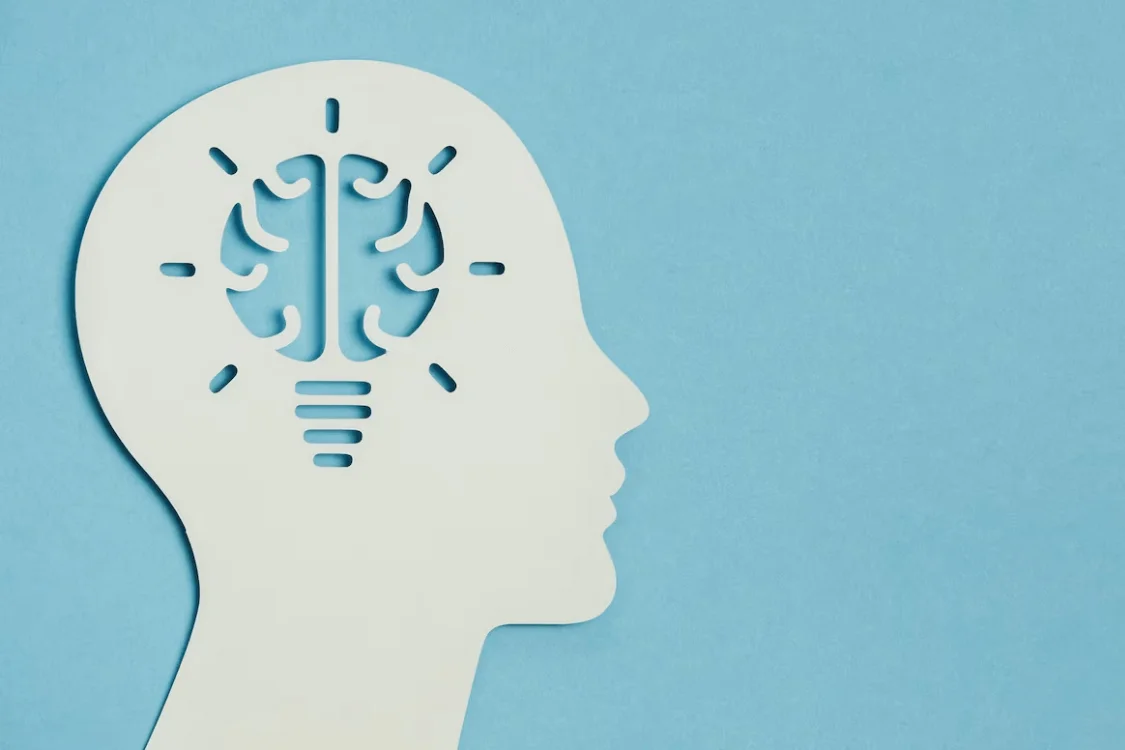
Alcohol Addiction Treatment
Twilight Recovery Center, nestled in the picturesque surroundings of Tijuana, Mexico, offers a pioneering approach to alcohol and drug addiction treatment. Emphasizing personalized care, our facility provides a sanctuary for those seeking to overcome alcohol abuse and its myriad challenges.

Understanding Alcohol Abuse and Its Symptoms
Alcohol abuse is characterized by a pattern of drinking that results in harm to one’s health, interpersonal relationships, or ability to work. Recognizing the symptoms of Alcohol Use Disorder (AUD) is the first step towards seeking help, including excessive drinking, an inability to control alcohol intake, and a preoccupation with alcohol.

Excessive Drinking
The consumption of alcohol in amounts that are detrimental to one’s health or safety defines excessive drinking. It’s the most visible sign of AUD, characterized by consuming large quantities of alcohol in short periods.

Inability to Control Alcohol Intake
A hallmark symptom of AUD is finding oneself unable to cut down or control alcohol use despite a desire to do so. This lack of control is often a clear indicator that alcohol use has progressed to a disorder.

Preoccupation with Alcohol
Frequent thoughts about alcohol, including planning the next opportunity to drink or worrying about where your next drink will come from, suggest a preoccupation with alcohol. This fixation can interfere with daily responsibilities and relationships.
By understanding these symptoms, individuals can better recognize the presence of AUD in themselves or loved ones and seek the necessary treatment. Recovery starts with recognition and the willingness to seek help.
Types of Treatment for Alcohol Addiction
At Twilight Recovery, we provide a comprehensive approach to alcohol addiction treatment designed to meet the unique challenges and needs of each individual with a focus on recovery from alcohol.
Alcohol Detox
The journey begins with alcohol detox at our treatment center, a crucial and medically supervised phase where individuals safely manage withdrawal symptoms. This stage is foundational, setting the stage for a successful recovery by addressing the physical dependence on alcohol under the care of medical professionals.
Detox is designed to be as comfortable as possible, with treatments available to ease withdrawal symptoms, allowing individuals to focus fully on healing.


Residential or Inpatient Alcohol Rehab
For those needing a structured and immersive recovery environment, our inpatient rehab provides intensive therapy within a supportive and secure setting. This level of care is ideal for addressing severe alcohol dependence, offering around-the-clock support from our treatment professionals.
Inpatient rehab prepares clients for life post-treatment, equipping them with strategies to handle triggers, maintain sobriety, and navigate potential relapses, with the support of alcoholics anonymous and other 12-step programs.
Outpatient Alcohol Rehab
Our outpatient rehab allows clients to continue their daily lives while engaging in regular therapy sessions. This treatment option is tailored for individuals seeking a balance between treatment and personal obligations, providing the necessary support and counseling to foster recovery while outside a residential setting.


Alcoholism Aftercare and Long-Term Health
Sustaining sobriety and managing health over the long term are critical aspects of our treatment approach designed to help those with a serious alcohol problem. Aftercare planning and sober living arrangements are integral to our program, ensuring ongoing support and resources from support groups are available to maintain the progress achieved during treatment for alcohol abuse and alcoholism.
Therapeutic Modalities for Alcohol Use Disorder
At Twilight Recovery Center, we approach alcoholism treatment with a diverse array of therapeutic modalities, each playing a vital role in our comprehensive treatment programs. Our goal is to provide each individual with the tools and support necessary to navigate the journey to recovery, addressing both the psychological and physical aspects of alcohol dependence and integrating family therapy to aid the process.
Cognitive Behavioral Therapy (CBT)
CBT is a cornerstone of our treatment approach at the treatment center, focusing on identifying and altering negative patterns of thought and behavior that contribute to heavy alcohol use among people who have dependency issues.
This method is instrumental in helping clients develop strategies to stop drinking and avoid relapse, fostering long-term abstinence and recovery from serious levels of alcohol use.
Dialectical Behavioral Therapy (DBT)
DBT enhances our program by teaching clients how to manage emotions and reduce conflicts in relationships, which are often exacerbated by alcohol abuse, contributing to the treatment of alcohol use disorders.
It’s particularly effective for individuals dealing with co-occurring mental health issues, as recognized by the Substance Abuse and Mental Health Services Administration.
Motivational Interviewing
This therapy centers on bolstering intrinsic motivation to change drinking behaviors. Through motivational interviewing, our counselors support clients in their resolve to recover from alcohol, helping them to articulate and achieve their personal goals for treatment and sobriety.
Art and Music Therapy
Offering creative outlets for expression and emotional exploration, art and music therapy provide alternative forms of treatment that complement traditional talk therapy for people with alcohol use disorder. These therapies allow individuals to explore their alcohol problems and recovery journey in non-verbal, innovative ways, contributing to a holistic healing process.
Incorporating these modalities into our treatment programs, Twilight Recovery Center is dedicated to supporting individuals in overcoming alcohol use disorder and encourages participation in support groups like alcoholics anonymous.
Whether through inpatient or outpatient programs, our treatment plans are designed to address the unique needs of each client, from initiating the stop drinking process to navigating the challenges of maintaining sobriety in the long term.

Medication for Alcohol Dependency
We understand that overcoming alcohol dependency is a complex process that often requires a multifaceted approach, including seeking treatment from professionals. Alongside our comprehensive therapy and support programs, we incorporate medication treatments to aid in the journey toward recovery.

Acamprosate
Acamprosate, commonly known under the brand name Campral, is designed to prevent relapse in individuals who have achieved abstinence from alcohol, an approach endorsed by many treatment programs for alcohol abuse and alcoholism. It works by adjusting the levels of the neurotransmitter gamma-amino-butyric acid (GABA) in the brain, which plays a role in alcohol craving and is essential in the treatment of AUD. Typically used in conjunction with counseling, Acamprosate supports individuals in reducing their alcohol cravings and is usually prescribed for up to 6 months starting from the onset of alcohol withdrawal.

Disulfiram
For those concerned about relapsing or who have experienced relapses, Disulfiram (Antabuse) offers a deterrent to drinking. By causing unpleasant physical reactions when alcohol is consumed – such as nausea, chest pain, vomiting, and dizziness – Disulfiram encourages abstinence, an essential part of treating alcohol dependency. It’s crucial to avoid all sources of alcohol, including in products like aftershave or mouthwash, to prevent these reactions. Follow-up appointments with healthcare professionals are scheduled regularly during the treatment period.

Naltrexone
Naltrexone is used either to prevent relapse or to limit the amount of alcohol consumed. It achieves this by blocking opioid receptors that are involved in the rewarding effects of drinking. When prescribed naltrexone, patients are advised that it also interferes with the effectiveness of opioid pain relievers. It is important to consult a healthcare provider if adverse effects are experienced immediately. Treatment with naltrexone typically extends up to 6 months and may offer significant help for people with alcohol use disorder, an integral part of recovery from alcohol.

Nalmefene
A professional treatment provider may recommend Nalmefene (Selincro) to individuals aiming to reduce their alcohol consumption but not necessarily seeking total abstinence. Like naltrexone, which works by blocking brain receptors associated with alcohol cravings, our treatment may involve a combination of medications and therapy. Nalmefene is considered when a person consumes more than the daily units recommended is part of a supportive program focused on reducing alcohol intake, and is an important aspect of making a treatment plan for those struggling with the consumption of alcohol.
Incorporating these medications into our treatment plans at Twilight Recovery enhances our ability to provide tailored, evidence-based treatment for alcohol dependency.
Our dedicated team works closely with each client to determine the most appropriate medication strategy, ensuring a holistic and personalized path to recovery for those seeking AUD treatment.
Confronting Alcohol Overdose
At Twilight Recovery Center, we emphasize the importance of recognizing and promptly responding to the signs of alcohol overdose – a critical and potentially life-threatening condition also called alcohol poisoning. Our highly trained team is equipped to provide immediate intervention and support in such emergencies, including those related to problematic alcohol use.
Recognizing Alcohol Overdose
Alcohol overdose, often referred to as alcohol poisoning, occurs when the concentration of alcohol in the bloodstream becomes dangerously high, impairing critical brain functions. These functions include the regulation of breathing, heart rate, and body temperature, all of which can be severely affected by excessive consumption of alcohol.
Excessive drinking, even if not chronic, can lead to this dangerous state, underscoring the risks of consuming too much alcohol. It’s crucial to understand that alcohol tolerance varies widely among individuals. Yet, blood alcohol concentration (BAC) levels of 0.30% to 0.45% can severely suppress vital life functions, risking unconsciousness, coma, or even death. BACs reaching 0.60% to 0.80% are frequently fatal.


Symptoms to Watch For
Be vigilant for signs of alcohol overdose, which may include:
- Severe mental confusion or inability to stay conscious
- Persistent vomiting
- Seizures
- Irregular or slowed breathing
- Decreased heart rate
- Cold, clammy skin
- Diminished responses, such as a lack of gag reflex, can be particularly dangerous for those with a serious alcohol problem, underscoring the importance of professional oversight in treatment.
- Hypothermia or bluish skin coloration can result from serious alcohol intoxication.
Immediate Steps to Take
If you suspect someone is experiencing an alcohol overdose, act immediately by calling emergency services to help with alcohol intoxication. It’s a dangerous misconception to think they can simply “sleep off” such a severe level of intoxication. Even after ceasing to drink alcohol or losing consciousness, an individual’s BAC can continue to rise as alcohol from the stomach and intestines enters the bloodstream.
While awaiting medical help, stay with the person. If they are unconscious, position them on their side to prevent choking. This guidance underscores the importance of professional treatment and support in managing alcohol consumption and recognizing the signs of overdose.
At Twilight Recovery Center, we’re committed to educating our clients and their families on these critical measures as part of our comprehensive approach to alcohol treatment and recovery.

Choose Twilight Recovery for Comprehensive Alcoholism Treatment
Twilight Recovery Center is where healing begins and lives are rebuilt. Our innovative treatment approach, luxurious amenities, and dedicated team ensure that each client receives the personalized care they deserve. Embark on your recovery journey with us and discover a life free from alcohol addiction, knowing that treatment can help you manage and overcome the struggle with alcohol. Contact us today to get started.
FAQs on Alcohol Addiction Treatment
How Can I Recognize Withdrawal Symptoms?
Withdrawal symptoms often include anxiety, tremors, nausea, insomnia, and in severe cases, seizures or delirium tremens (DTs), highlighting the need for those with a problem with alcohol to seek treatment. Recognizing these symptoms is crucial in seeking timely treatment.
The National Institute on Alcohol Abuse and Alcoholism provides resources to help understand the risks associated with alcohol withdrawal and the importance of professional oversight during detox.
What Are the Long-Term Effects of Alcohol on My Health?
The long-term effects of alcohol range from liver disease and cardiovascular problems to mental health issues like depression and anxiety, highlighting the importance of treatment for an AUD.
Alcohol misuse can lead to serious alcohol-related diseases, as outlined by the Centers for Disease Control and Prevention, emphasizing the need for abstinence or controlled consumption to prevent chronic alcohol use and its complications.
Can a Counselor Help with Addiction Treatment?
Yes, counselors play a vital role in addiction treatment by offering support, guidance, and therapy to address the underlying causes of alcohol dependence.
They work alongside other treatment providers to make a comprehensive treatment plan that includes individual and group therapy aimed at helping individuals recover from alcohol and manage their consumption responsibly.
What Treatment Options Are Available for Alcohol Use Disorder (AUD)?
Treatment for AUD may include a combination of medication to help ease withdrawal symptoms, counseling, and support groups, all overseen by a professional treatment provider. Treatment providers often recommend a comprehensive approach, including both medical and psychological support, to address alcohol misuse and promote long-term recovery, making a treatment plan essential.
Facilities like ours offer a range of therapies, including cognitive-behavioral therapy, dialectical behavior therapy, and family therapy, all designed to support the recovery process for people who have alcohol use disorders.
How Effective Is Treatment for Alcohol Addiction?
Treatment can significantly help individuals with alcohol use disorder to manage their symptoms, reduce unhealthy alcohol use, and maintain sobriety. The effectiveness of treatment often depends on the individual’s commitment to recovery and the comprehensive nature of the treatment plan, which should address both the physical and psychological aspects of addiction.



